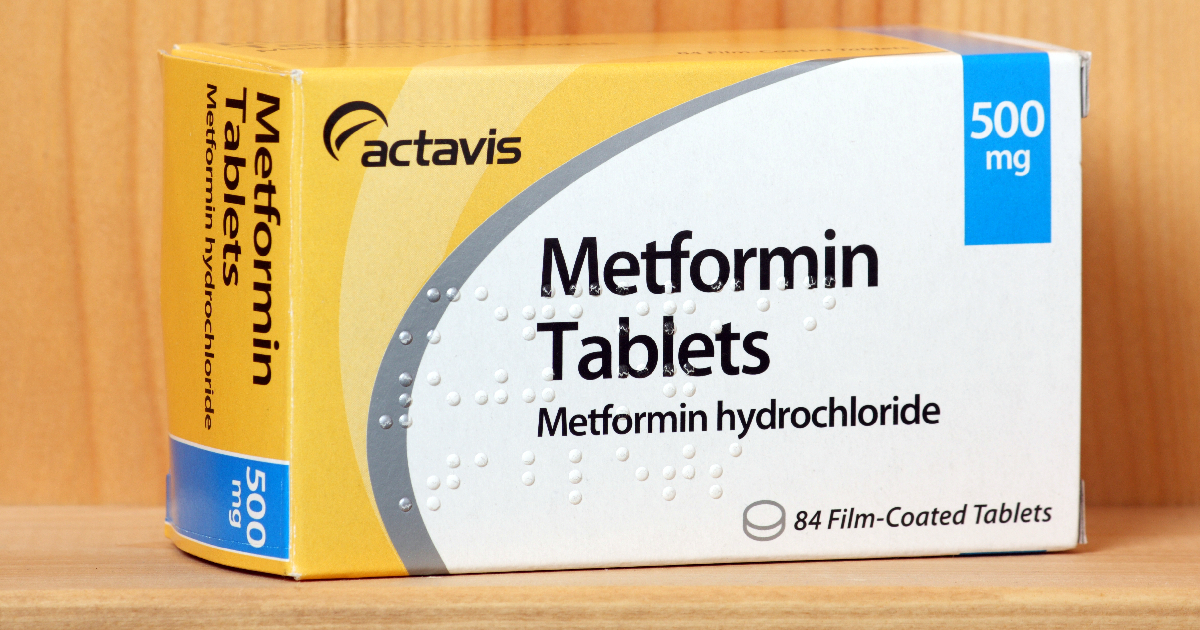Two drugs which have been linked with treating coronavirus could be deadly when combined with metformin, researchers have said.
Hydroxychloroquine (HCQ) and chloroquine (CQ) are usually used to treat malaria and autoimmune diseases, and in America the Food and Drug Administration (FDA) granted emergency approval for the two medications to be used by people who are critically ill in hospital with COVID-19.
The drugs have also shown promising outcomes in helping to treat certain cancers, but recent studies have also found combining these medications with metformin, sold as Glucophage, could be fatal.
A study which used mice to test the outcome of all three drugs, showed between 30% and 40% of the animals died.
In a statement, Chi Dang, director of the Ludwig Institute for Cancer Research and Anirban Maitra, scientific director of the Center for Pancreatic Cancer Research at MD Anderson Cancer Center, said: “Our interest in this combination arose because both drugs individually have been shown to have anti-tumour effects in pancreatic cancer.
“To our utter surprise, both HCQ and CQ when combined with metformin resulted in a surprising death rate in 30-40% of mice. In contrast there were no deaths in the single treatment groups.”
The work that was involved in the newly published study was carried out before the coronavirus outbreak, so the focus point was how the medication reacted in mice who had cancerous tumours.
The authors said: “Even in mice that did not have any tumours, we found this deleterious effect of the combination, underscoring that it is not dependent on the presence of a tumour.
“Our goal in communicating this work is not to scaremonger. We hope that the lethality we observed in mice will not translate to humans but instead there will be more ‘pharmacovigilance’ or awareness regarding potential drug interactions between HCQ/CQ and metformin.
“There is very good safety data on both drugs individually, as well as safety data on combination being used in patients who have autoimmune diseases like lupus and rheumatoid arthritis. However, patients with COVID-19 are a whole different ballgame and typically much sicker than the average population.
“We have to remember that COVID-19 has been associated with adverse effects on the heart and the blood vessels – how all of these play out in addition to the two drugs interacting with each other will need to be studied.”
The study has been published on bioRxiv, the preprint server for technology.







